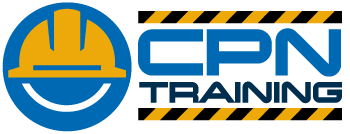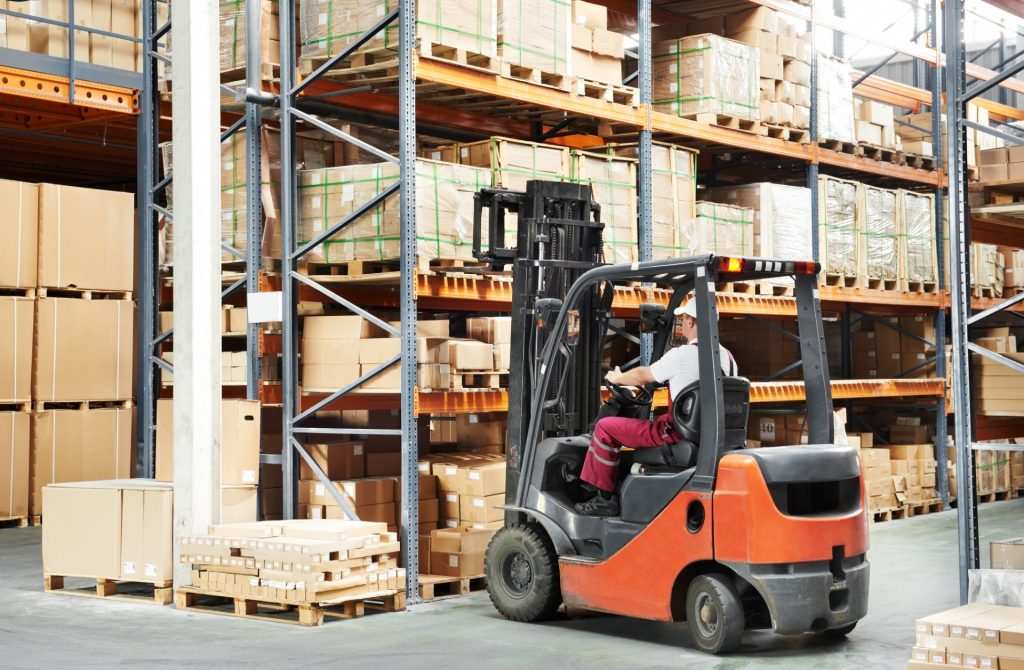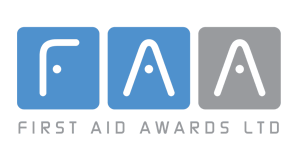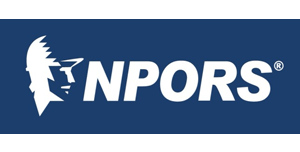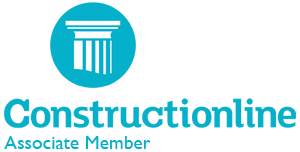A forklift, also known as a lift truck, is a powered industrial truck used to lift and move materials. They are commonly used in warehouses, construction sites, and manufacturing facilities to transport heavy loads.
Forklifts can be equipped with various attachments, such as pallet forks or a hydraulic lift, to handle different types of materials and perform various tasks. The operator of a forklift is responsible for safely and efficiently moving materials, loading and unloading trucks, and performing other tasks as needed.
Proper forklift training is essential to ensure the safe and effective operation of the equipment, minimize accidents and injuries, and maximize productivity. It covers the safe operation of the forklift, including load handling, navigation, and maintenance, and provides a basic understanding of relevant laws and regulations.
Proper training also helps prevent equipment damage and reduces downtime, as well as instils good habits and practices in the operator. In addition, trained operators are more efficient, which can lead to increased productivity in the workplace.
Benefits of Proper Forklift Training
Increased Safety
Proper forklift training helps increase safety by teaching operators how to properly operate the equipment and handle loads safely. This includes proper load balancing, safe driving techniques, and an understanding of relevant laws and regulations.
Trained operators are less likely to be involved in accidents, reducing the risk of injuries and property damage. Additionally, regular training can help operators identify and correct any unsafe habits they may have developed, further improving safety on the job site.
Improved Efficiency
Forklift training can improve efficiency by teaching operators the most efficient and effective ways to operate the equipment. This includes proper load handling, navigating tight spaces, and reducing downtime for maintenance and repairs.
Trained operators can work more efficiently, reducing the time it takes to complete tasks and increasing overall productivity. In addition, regular training can help operators stay up-to-date with the latest technologies and techniques, allowing them to continue to improve their efficiency over time.
Reduced Equipment Damage
Proper forklift training can help reduce equipment damage by teaching operators how to handle the equipment correctly, reducing the risk of collisions, tip-overs, and other types of damage. Trained operators are also more likely to follow proper maintenance procedures, which can extend the lifespan of the equipment and reduce the need for repairs.
Regular training can also help operators identify potential equipment issues before they become major problems, allowing for early intervention and reducing the overall cost of ownership.
Who Needs Forklift Training?
Operators
Operators are individuals who use forklifts to perform various tasks in a workplace, such as transporting materials, loading and unloading trucks, and performing other duties as required. They are responsible for safely and efficiently operating the equipment and must be trained in the proper use of the equipment to ensure their safety and that of those around them.
Training for operators typically covers the safe operation of the forklift, load handling, and basic maintenance procedures. Additionally, they may be required to be certified by a government agency or industry organization, depending on the laws and regulations in their jurisdiction.
Supervisors
Supervisors are individuals who oversee the operations of a workplace, including the use of forklifts. They are responsible for ensuring the safety of their employees, as well as the equipment they use. To fulfil this role, supervisors need to have a basic understanding of forklift operation and the regulations that govern their use.
This includes knowledge of safe driving practices, load handling, and maintenance procedures. Supervisors may also be responsible for training new operators and conducting regular safety audits to identify and address any issues that may arise. In some cases, supervisors may also be required to hold a forklift certification.
Conclusion
In conclusion, proper forklift training is a crucial aspect of safe and efficient forklift operation in the workplace. It provides benefits such as increased safety, improved efficiency, reduced equipment damage, and enhanced productivity.
All forklift operators, supervisors, and employers should undergo training to ensure they understand the proper use and maintenance of the equipment, as well as relevant laws and regulations.
When selecting a training program, it is important to look for instructor qualifications, course content, hands-on training, and certification options. By investing in proper forklift training, employers can create a safer work environment, increase productivity, and reduce the overall cost of ownership.
